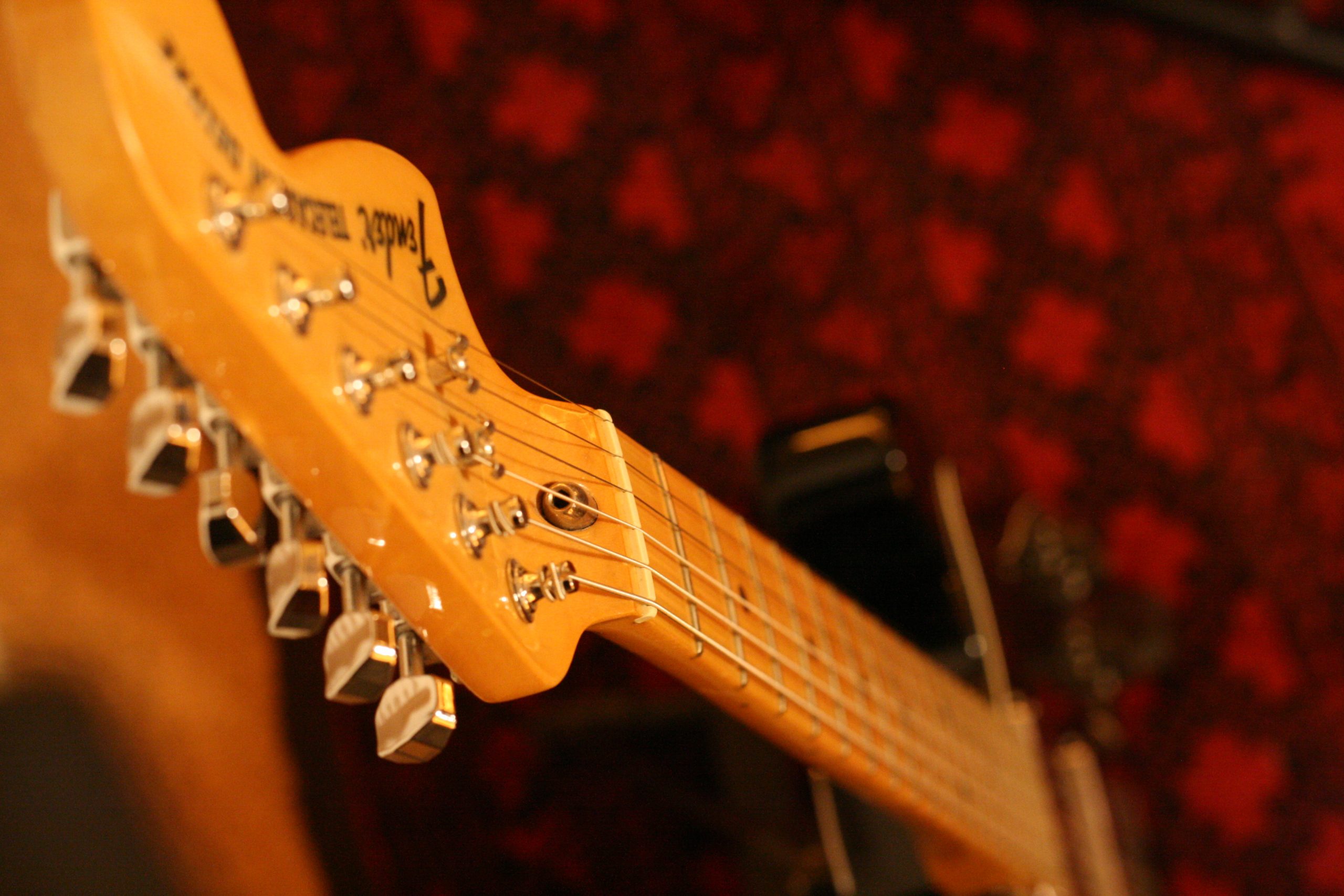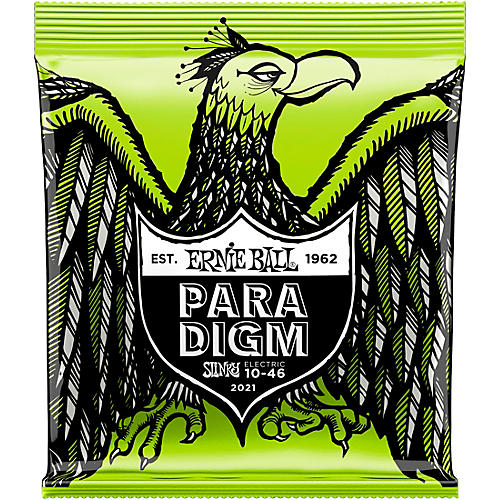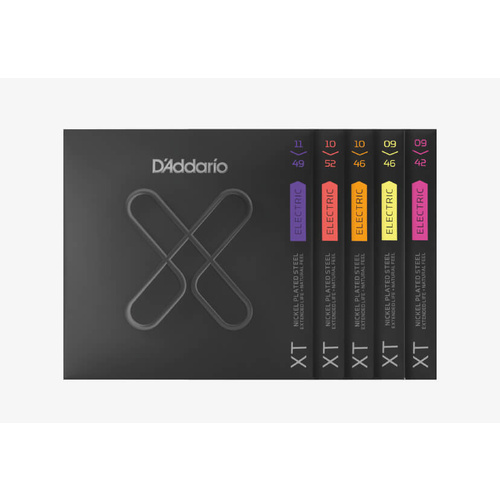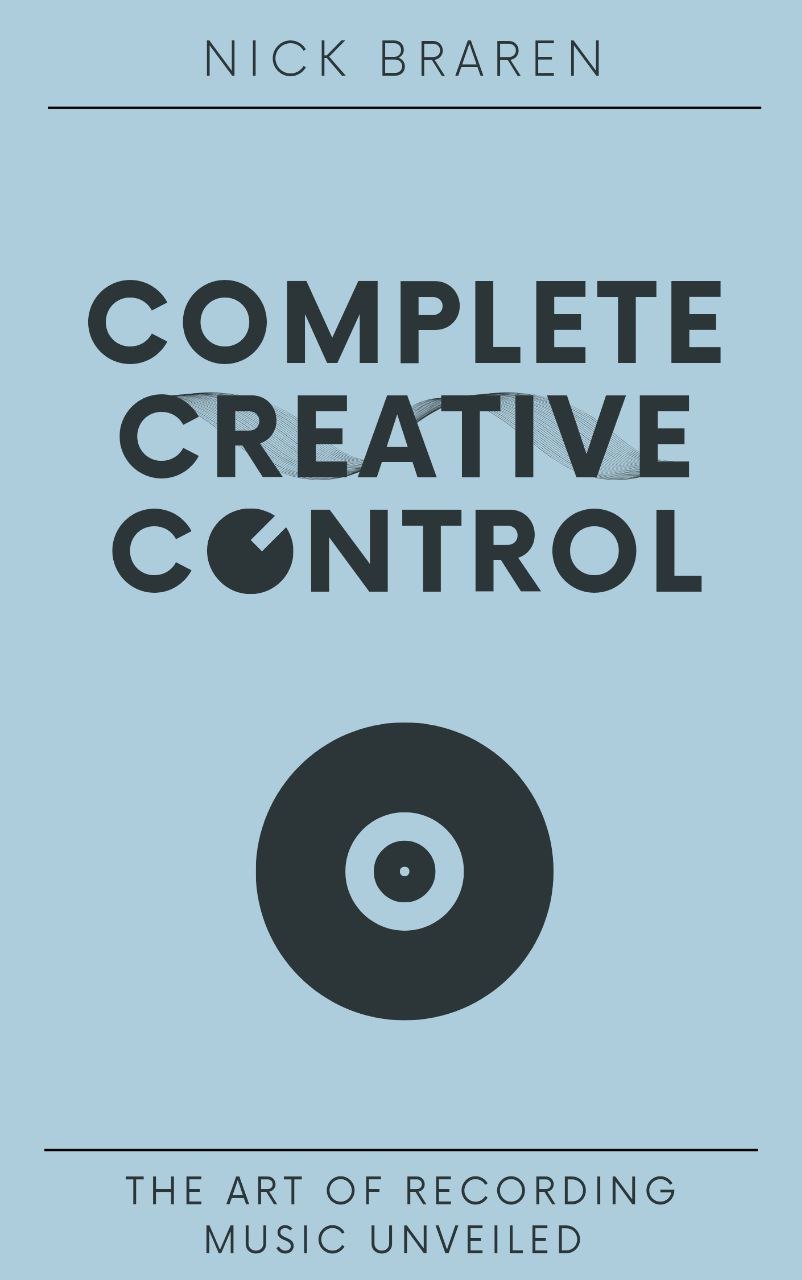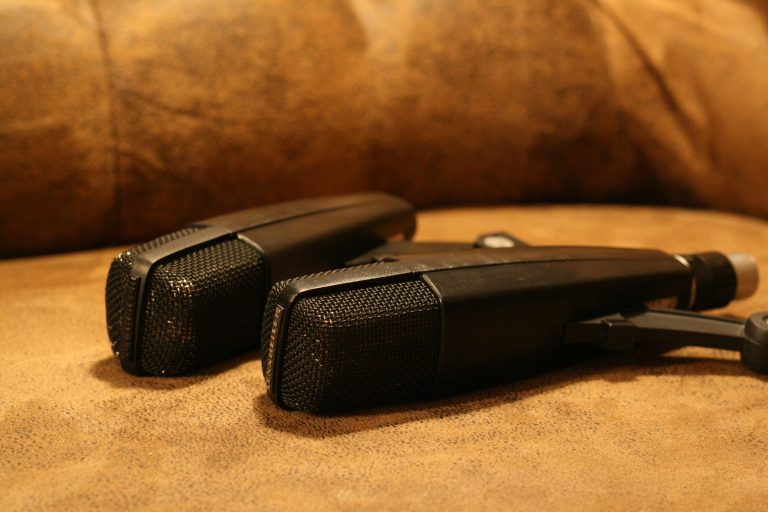
About The Author
Nick Braren is an audio engineer and musician with over 15 years experience in the studio, on stage, back stage and front of house. He is the owner and operator of Upaya Sound, guitarist and vocalist of Vandemonian, father of 2 and husband of 1. When he’s not in the studio or in the band room he’s either travelling in his van or at the beach – or both.

